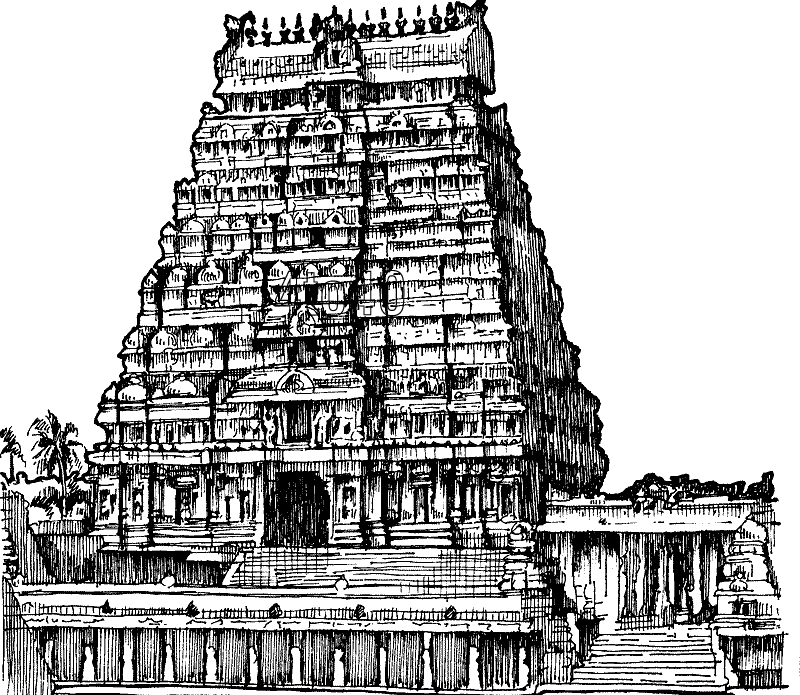LALITHA SAHASRANAMAM # 195
- S Subramaniam
- Jul 12, 2023
- 2 min read
LALITHA SAHASRANAMAM
दुष्टदूरा दुराचार-शमनी दोषवर्जिता ।
सर्वज्ञा सान्द्रकरुणा समानाधिक-वर्जिता ५१॥

Dushta-doora Durachara Shamani Doshavarjita
Sarvagyna Sandra Karuna Samanadhika Varjita – 51
दोषवर्जिता (195)
Doshavarjita (195)

Meaning:
Devi is devoid of any blemishes.
Interpretation:
The namah contains two words Dosha abd Varjita. Dosha may be best understood to mean a crime, a blemish, a sin, guilt or an offense. जायामदोषामुत संत्यजामि (jayamadoshamuta samtyaja says the Manusmriti. Varjita means being free from. Thus the namah implies that Devi is free from any kind of Dosha.

Devi is devoid of blemishes, yet another quality of the Brahman. Blemish arises out of hatred, desire, etc. The quote Prema cha Doshas cha na me kahim chit Sad dharma will clearly explain this.
Here, blemish refers to the mind and not the gross body. This as far as this Namah is concerned, Dosha refers to defect shown in connection with an expression or explanation.
Doshas (blemishes) are such a quality that one gets tainted with it due to bad association. The following sloka cites three examples relating to three popular characters - King Bharata, King Yudhishthira and King Nriga.

दुःसङ्ग-दोषं भरतादयो यथा दुर्दूत-दोषं च युधिष्ठिरादयाः । ब्रह्म-स्व-भीतिं च नृगादयोऽमलाः प्रादर्शयन् स्व-व्यवहारतो जनान् ॥
Duhsanga Dosham Bharatadayo yathā durduta Dosham cha Yudhishthira dayah | Brahma sva-bhitim cha Nirgadayo malah prpdarsayan sva-vyavaharato janan ||
Even though devotee such as Maharaja Bharata who was thoroughly pure at heart, he demonstrated the fault of bad association. Yudhishtira who was the embodiment of dharma exhibited the mistake of gambling, and the sinless King Nriga displayed the sin of stealing from a Brahmana, all just to give instructions to the common people to stay away from bad association.
Author's Notes

Vaag Devis appears to have deliberately used the word Dosha in this context relating to Devi. Devi as explained many times earlier is Supreme and beyond all these human qualities such as Dosha etc.
This Namah is intended for the sake of pure devotees. Devotees, being human in nature, cannot have complete control over their mind. The mind is by nature changeable and is full of faults.
मनः स्वभावो विकारो हि दोषो
Therefore to get rid of all these faults, blemishes, the devotee should involve himself in the worship of Devi with fullest concentration so that he can seek her grace to get Varjit from these Doshas.
It is a Namah addressed towards devotees and not Devi herself.
Disclaimer: All matters contained in this article are the property of www.templesofasia.com. The opinions expressed in this article are purely that of the author. The author alone is responsible for the accuracy, authenticity, completeness and validity of all the information in the article.


Comments